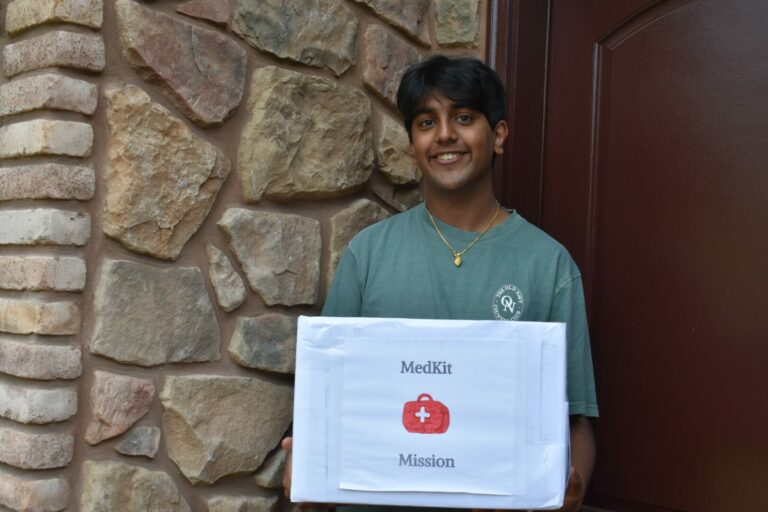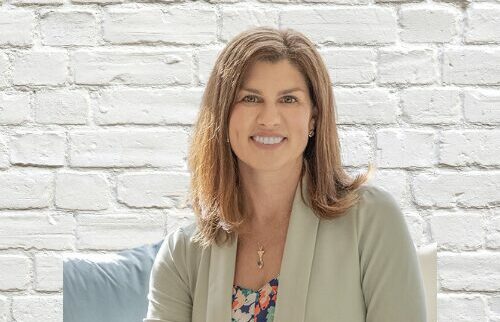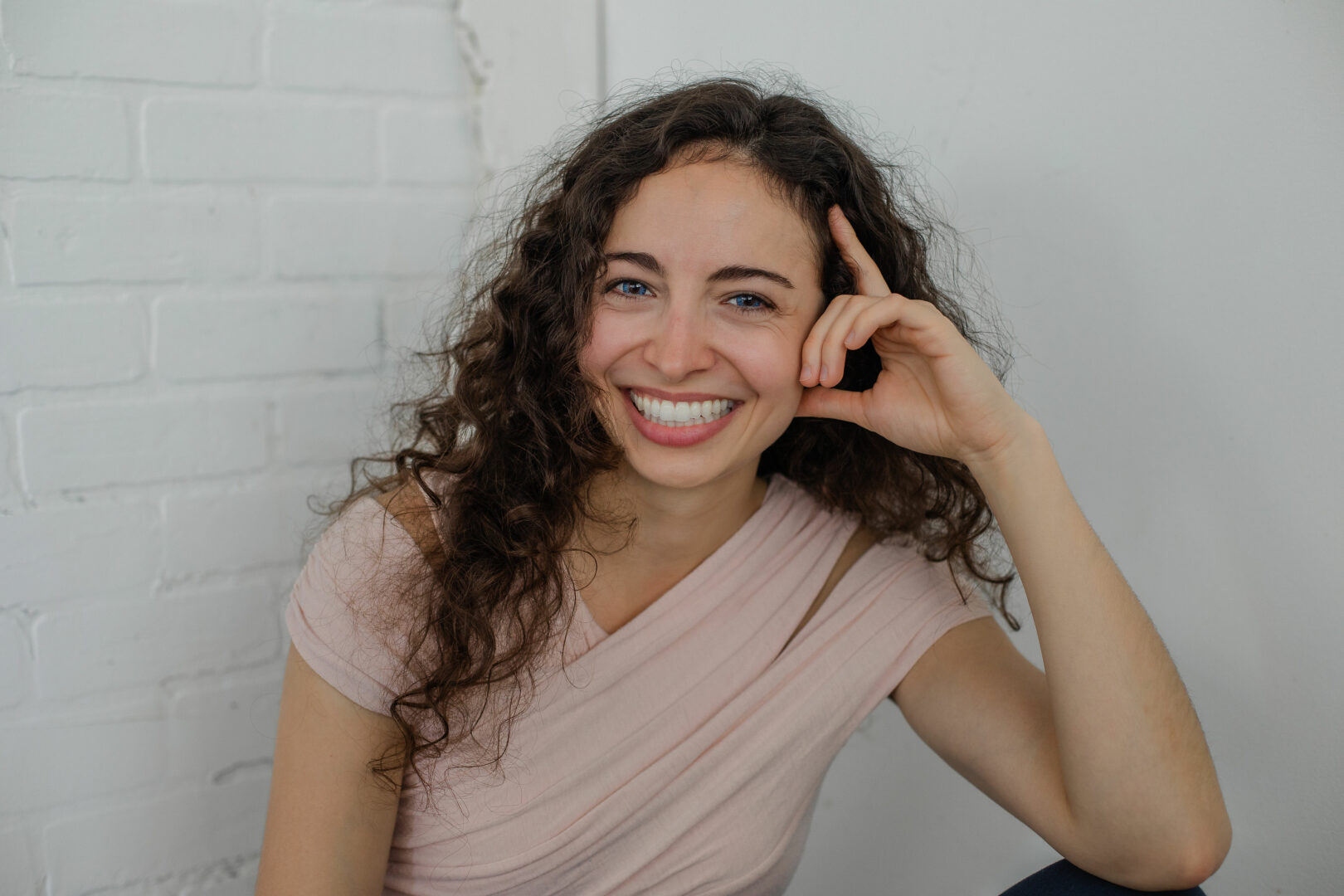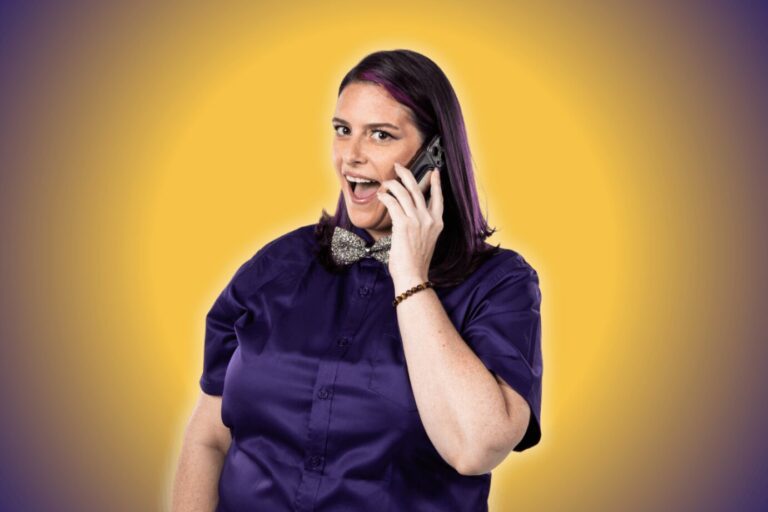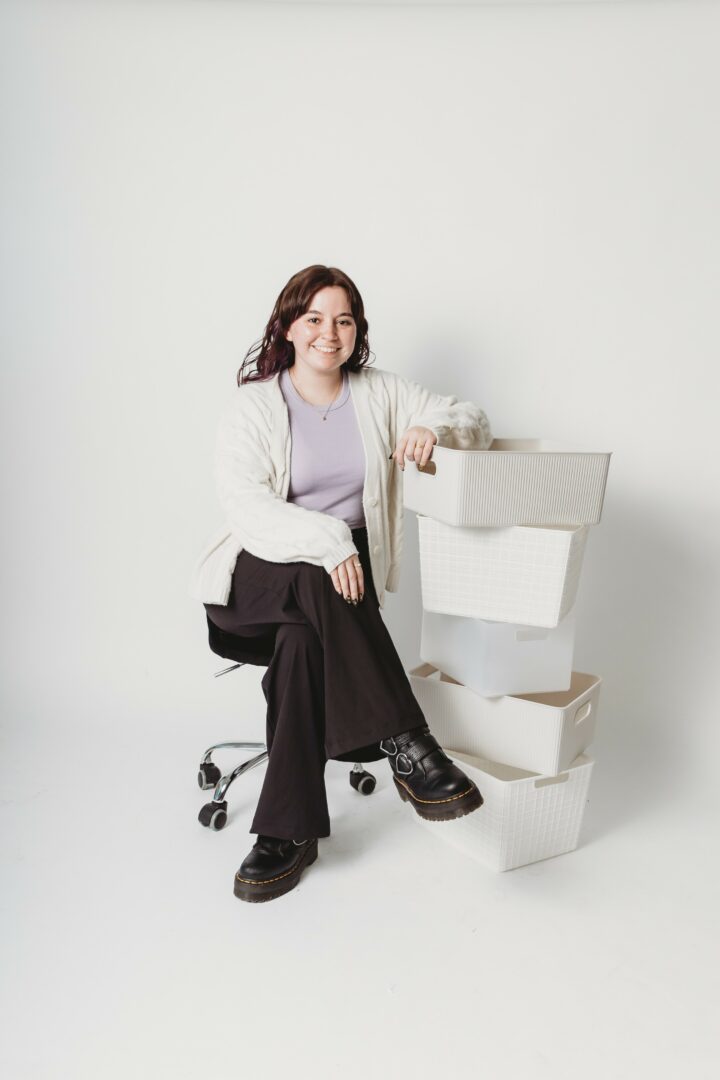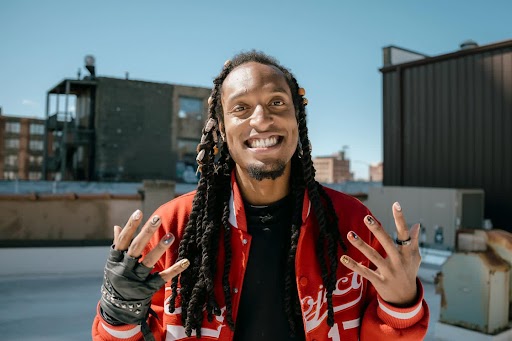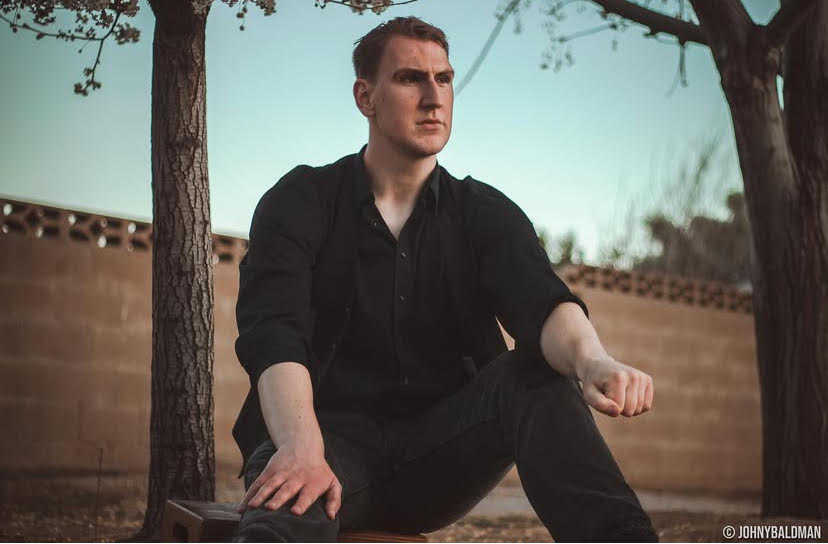“Empathy is about finding echoes of another person in yourself.” – Mohsin Hamid
We believe empathy is one of the most important ingredients enabling effectiveness and so we connected with some amazing folks to ask them about the conditions that allowed them to develop into such empathic leaders.
Mamak Razmgir
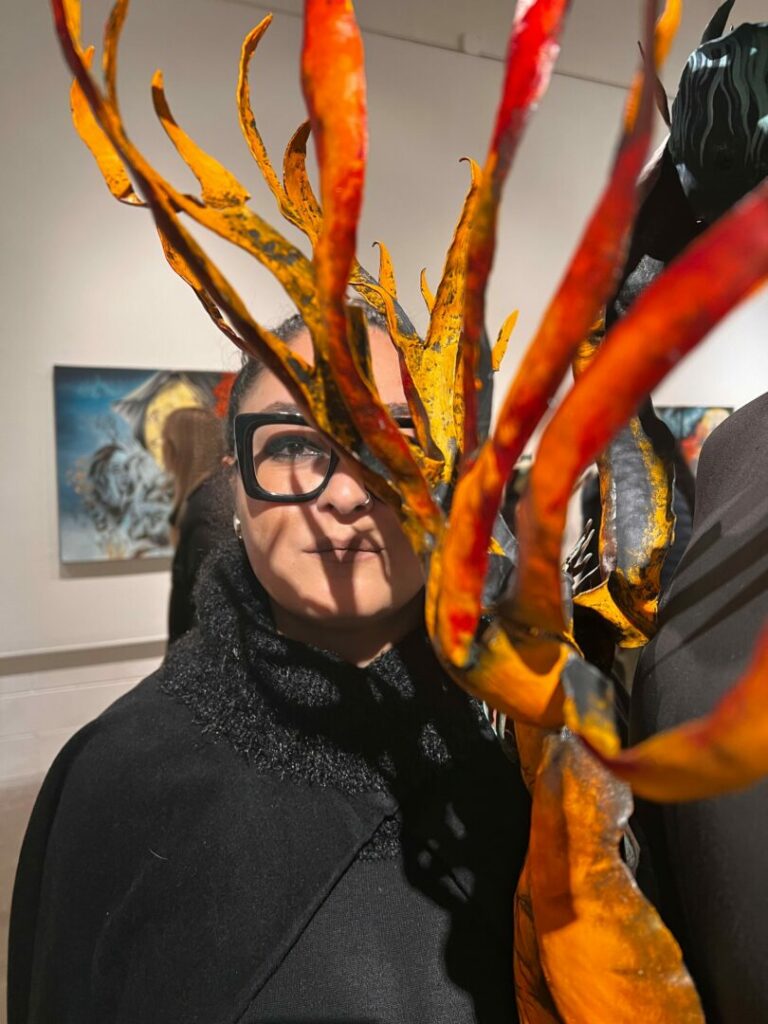
I believe my empathy was born out of witnessing and experiencing injustice, particularly as a woman growing up in Iran. From an early age, I became aware of the ways that power, gender, and control shaped people’s lives, especially Iranian women’s lives. I saw how silence was expected, and how courage often came at a cost. But I also witnessed incredible strength in my mother, friends and many women in the streets. This mixture of beauty and brutality shaped my worldview. Read More>>
Paul Twumasi
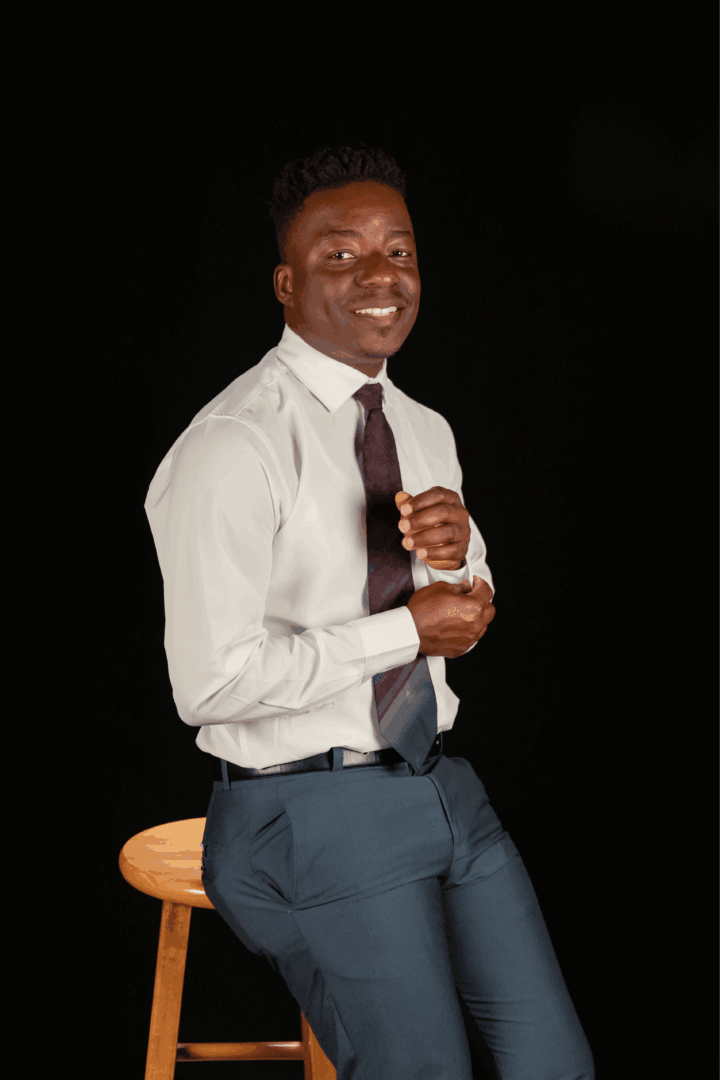
Growing up in a small cocoa farming community of approximately 500 people in Ghana, I witnessed firsthand what real poverty and scarcity meant. Losing my mother at an early stage of my life also meant that I had to acquaint myself with the realities of life in a hard way. Read More>>
Tatiana Thompson
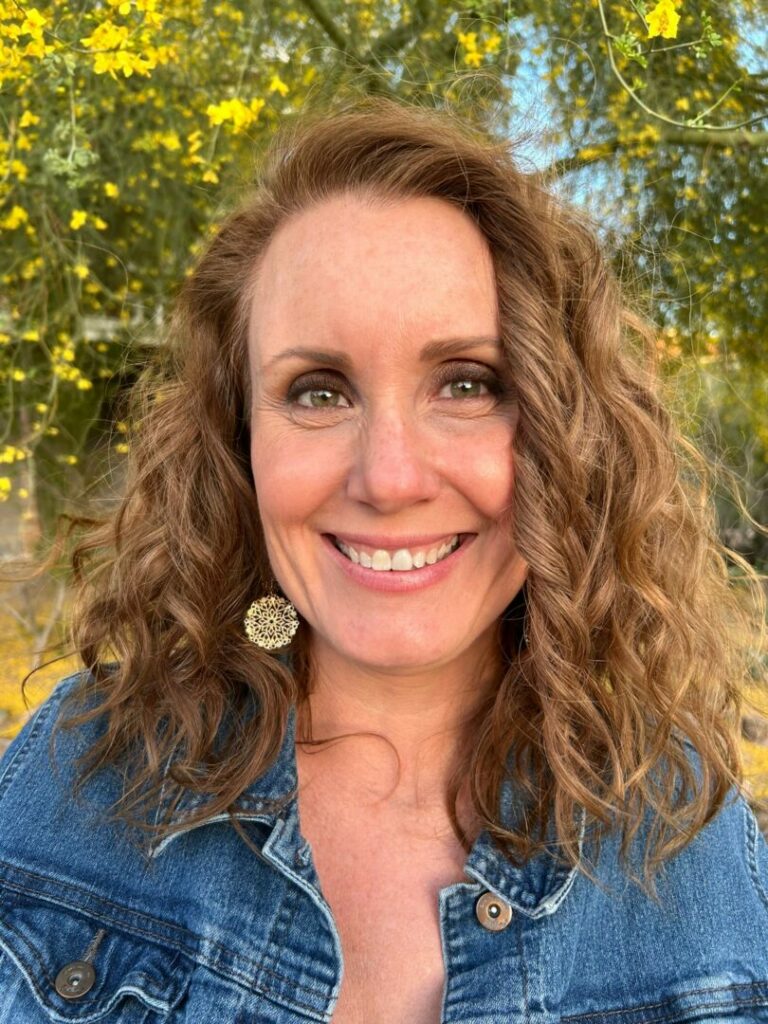
I think it’s safe to say that most people develop empathy by going through their own painful life experiences, and I’m certainly no exception. But as a mental health therapist, I’ve learned to manage empathy in a way that might seem a bit unorthodox.
As therapists, we run the risk of excusing problematic behaviors because we’re so focused on empathizing with our clients that we sometimes forget: our job is also to help them find new, healthier ways of engaging with the world. Read More>>
Mya Osborne
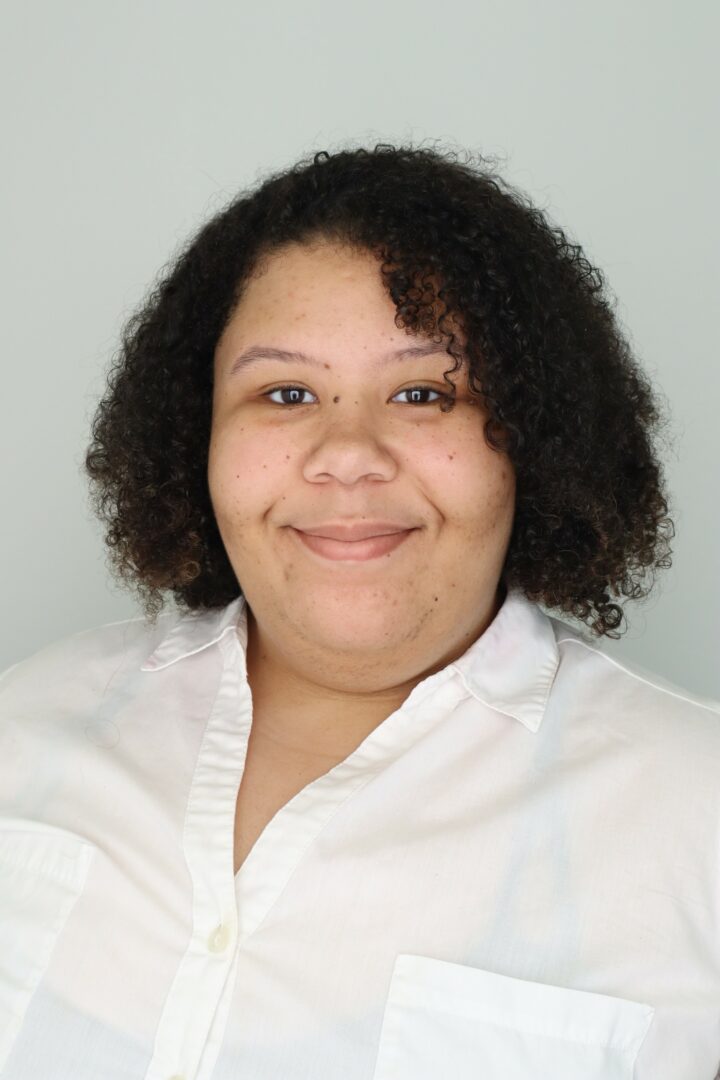
I don’t know if empathy for me a gradual development or something natural, but growing up, I was told by some that I lacked empathy. I wasn’t sure if it was because I acted indifferently in certain situations, or if it seemed as if I didn’t care, but I mostly ascribe it to being born in 2001. Born two years after Columbine, the same year as 9/11, and two years before the start of the Iraq War. Read More>>
Neha Aswani
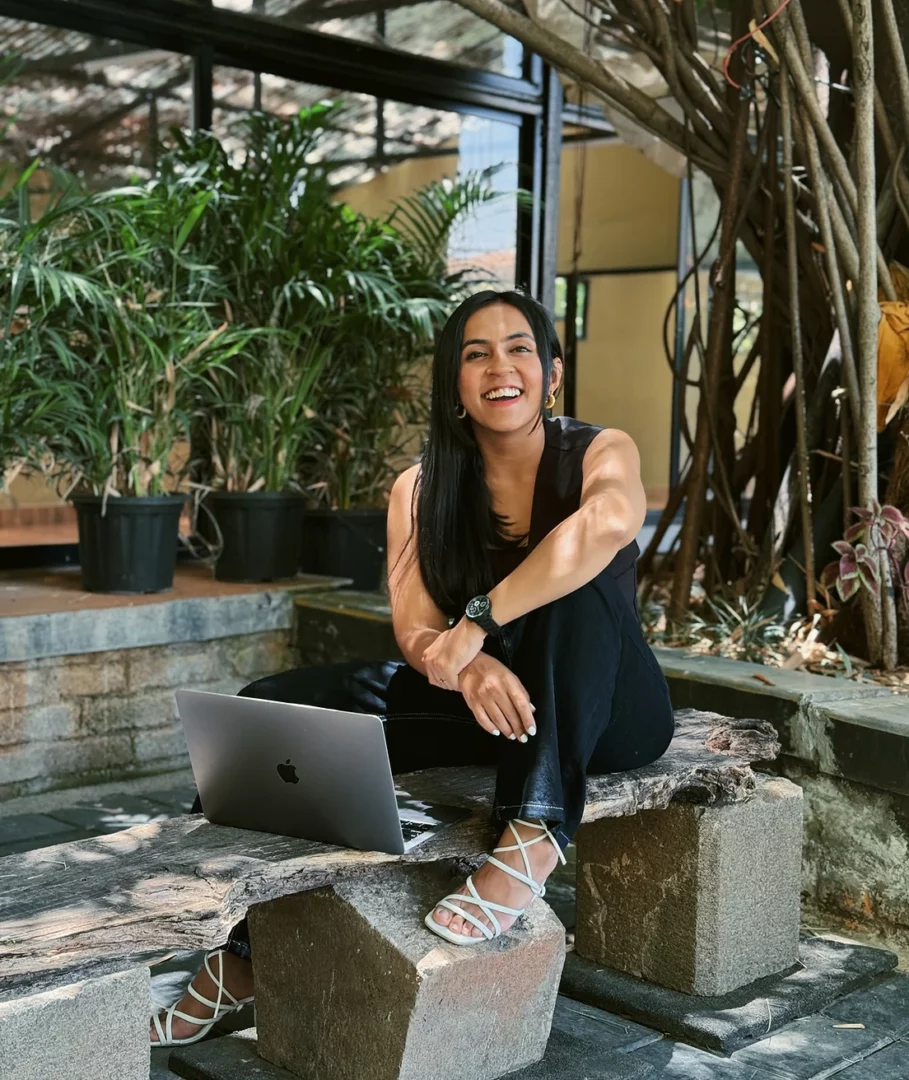
My ability to empathize was shaped by the quiet, difficult moments – the ones that asked me to not only understand others, but also turn inward and truly understand myself.
As a child, I was never the one with a large group of friends. I was often bullied, mocked for my weight, my lifestyle, and simply for being different. I still remember the sting of certain moments, like the time a group of girls laughed because the zip of my skirt was open, and I hadn’t noticed for hours. Read More>>
Theresa Illicete
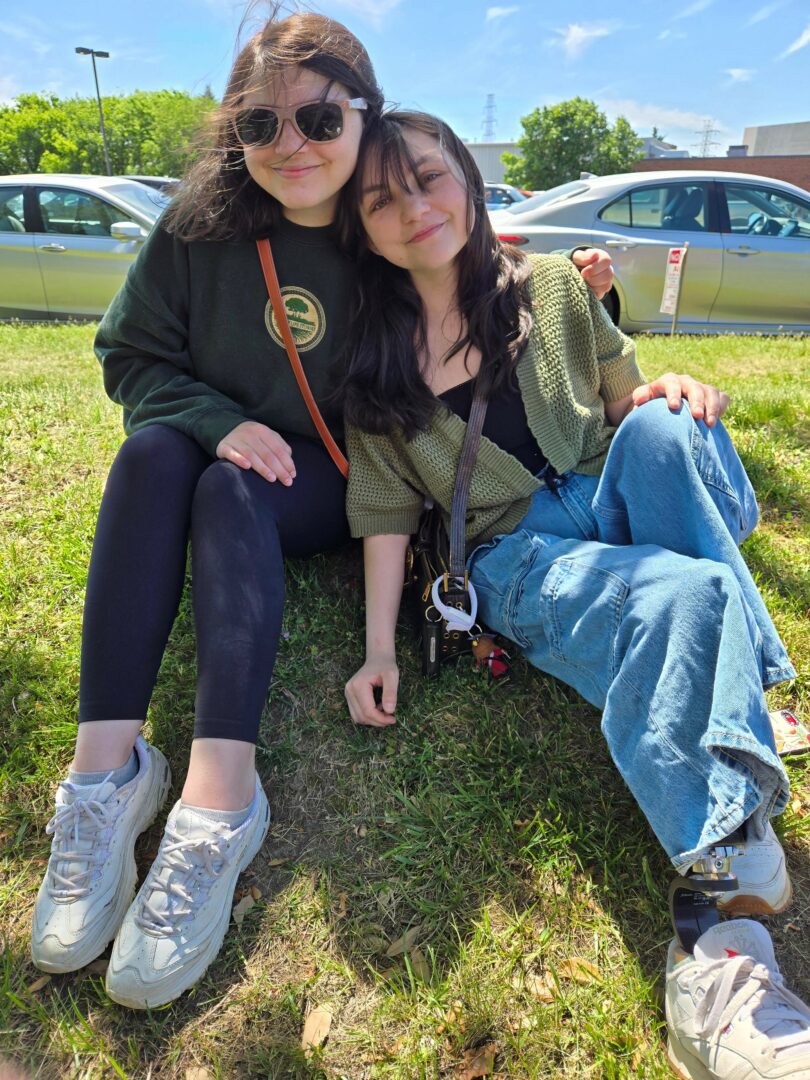
Growing up, I think I was almost obligated to have a large amount of empathy, especially being the youngest of eleven children. I was surrounded by so many people, and it was how I made sense of the world. Then, I definitely developed more of an empathetic take on my surroundings when I was diagnosed with cancer at 9 years old. Going through that tumultuous time made me understand that you never know what people are going through. Read More>>
Cameo Walker
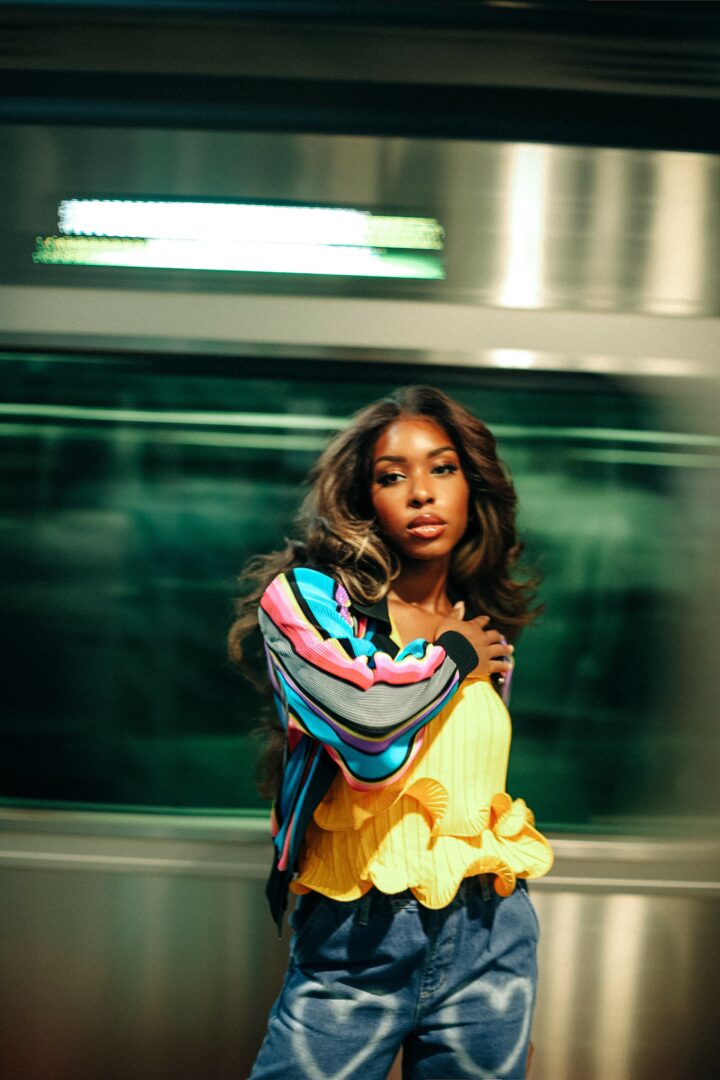
Although my mother was a wonderful provider, I grew up with a very toxic family and suffered from abuse as a child. I was a social outcast and dealt with racism and the inability to relate to others my age due to being an only child. Once I was in my early 20s, my relationship with my mother greatly improved, but then she passed away right after my birthday during my senior year of college. From then on, I experienced bouts of homelessness, depression, food insecurity and financial instability. Read More>>
Aniket Chintapalli
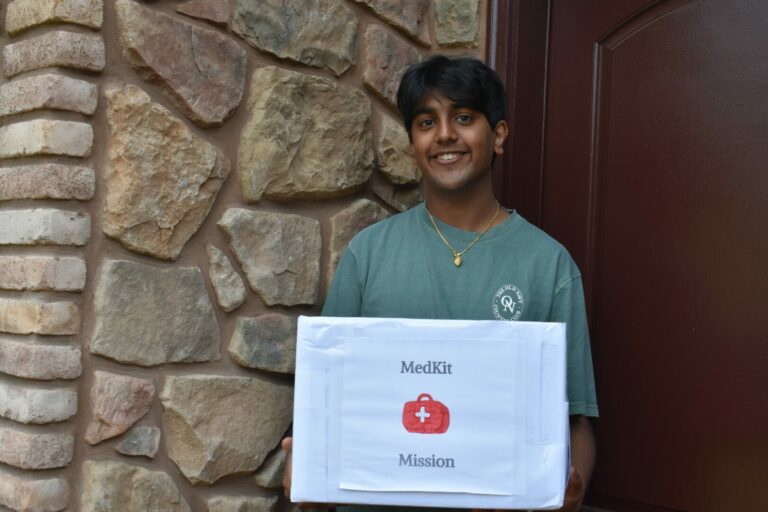
Although Cherry Hill is where I’ve grown up, my second home is in our small village in India, where my grandparents live. I’ve spent many summers there, living a much simpler life— pummeled by sweltering heat( with little air conditioning), bucket baths, and living in nature. It wasn’t worse; just different. And it opened my eyes early on to how people can live beautiful, meaningful lives without all the things I once thought were necessary. Read More>>
Joyce Coleman

I was incarcerated and was in with a lot of young ladies.We was on our way to court and a 17 year old young lady made the statement (I want the judge to sentence me at least 3 years). Tears ran down my eyes. She was the same age as my oldest daughter. Everyone started asking her why? Why? She replied I don’t have nowhere to go but to the street and the drug house. She also stated that she wanted to be free from drugs and a sex puppet. Read More>>
Omni Kitts Ferrara

As a child I was exposed to many different perspectives on what the purpose of life could be. I was raised by two hard working middle class artists who created space for me to be curious and understand the world as I determined. My parents gave me choice in growing up and who I wanted to be. Empathy in many ways is impossible, I cannot know how you feel, however, as you express I can relate and connect with what you have shared. Read More>>
Debbi Macfarlane-Clayton

When people talk about overcoming challenges, they often imagine a single moment. But my story is made up of many—18, to be exact. I’ve survived 14 miscarriages and 4 ectopic pregnancies.
It’s hard to even write those numbers. Harder still to describe what it feels like to lose something you never got to hold. Each time, I was flooded with grief, shame, and anger. I hated my body. I felt like it had betrayed me—again and again. And in the silence that often surrounds miscarriage, I started to believe the lie that because my body failed, I was a failure. Read More>>

